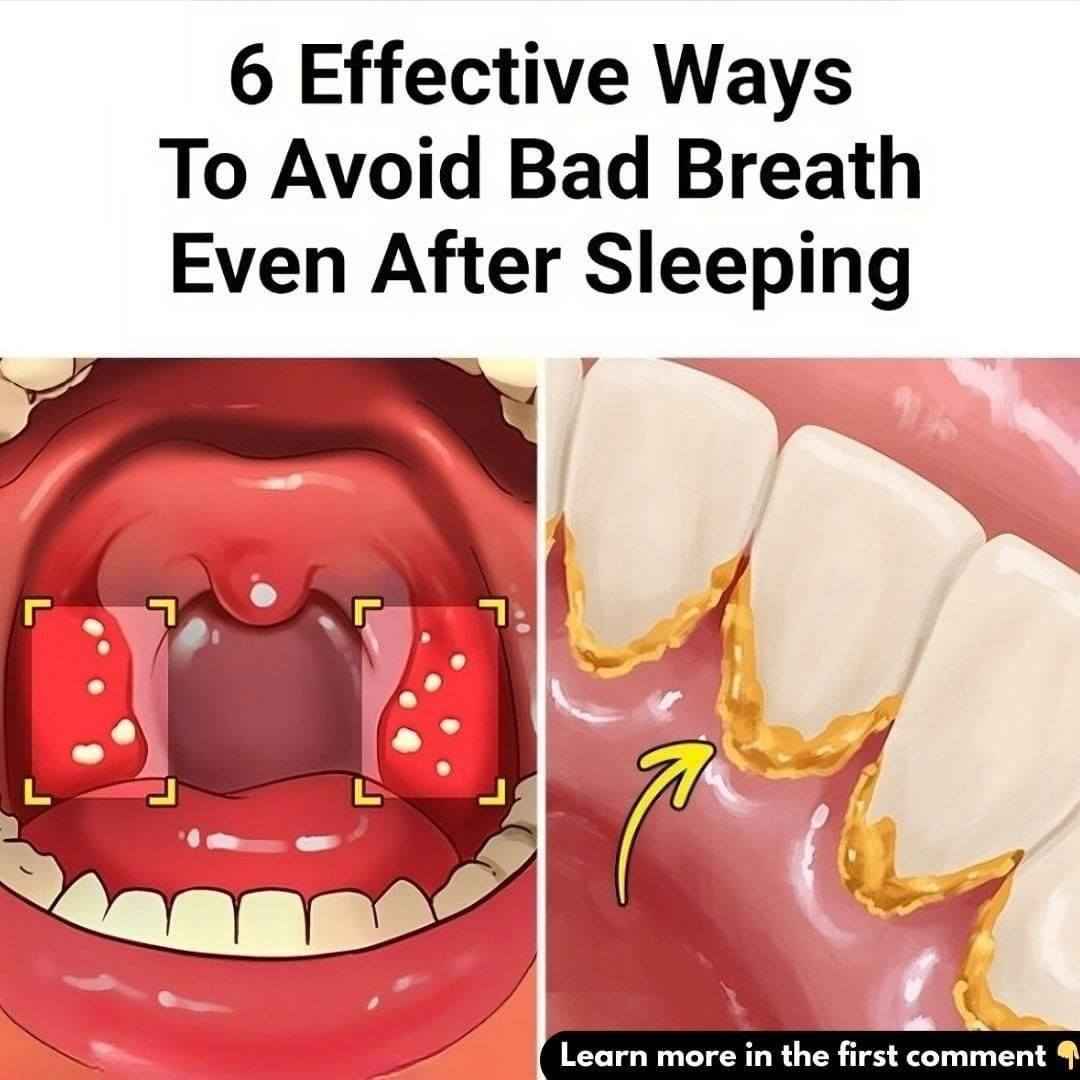ADVERTISEMENT
If you consistently experience dry mouth, consult a healthcare professional.
3. Schedule regular dental visits.
Even if you practice good dental hygiene, certain regions of your mouth are difficult to clean effectively.
Plaque and tartar can accumulate over time, eventually leading to gum disease, which is a major cause of bad breath.
Regular dental check-ups allow specialists to remove tartar and identify any problems early. Routine checkups are essential for preserving fresh breath and oral health.
4. Watch Your Diet
Certain foods, such as garlic and onions, can leave persistent scents, contributing to foul breath. If you eat a low-carb diet, you may suffer bad breath because ketones are produced and exhaled through your breath.
To minimize diet-related bad breath, limit your intake of odor-causing foods and include leafy greens, avocados, and almonds in your meals. These foods help to neutralize odors naturally.
5. Brush and Floss Before Bed

Maintaining a good oral hygiene practice is essential if you want to avoid bad breath. Before retiring to bed, clean your teeth thoroughly with fluoride toothpaste and floss to remove debris from between your teeth.
Do not forget to wipe your tongue, which is a breeding ground for bacteria. An alcohol-free mouthwash can offer an extra layer of freshness overnight.
6. Remove Tonsil Stones
Tonsil stones are an often-overlooked source of foul breath. These microscopic, hardened deposits occur in the creases of your tonsils and are made up of bacteria and food particles. While they are not hazardous, they can emit persistent foul odors.
To avoid tonsil stones, practice good oral hygiene and gargle with saltwater on a regular basis. If tonsil stones are a recurring problem, see your dentist or doctor for further information.
